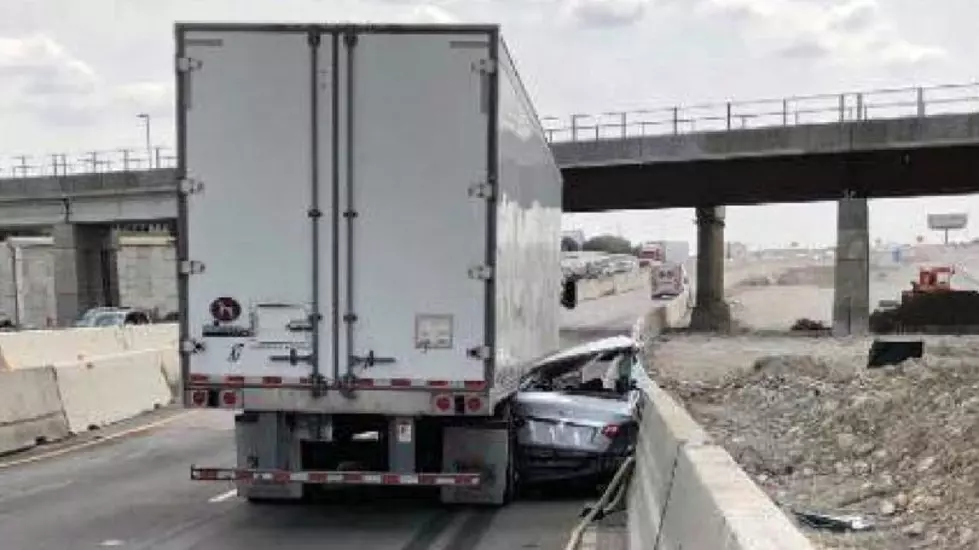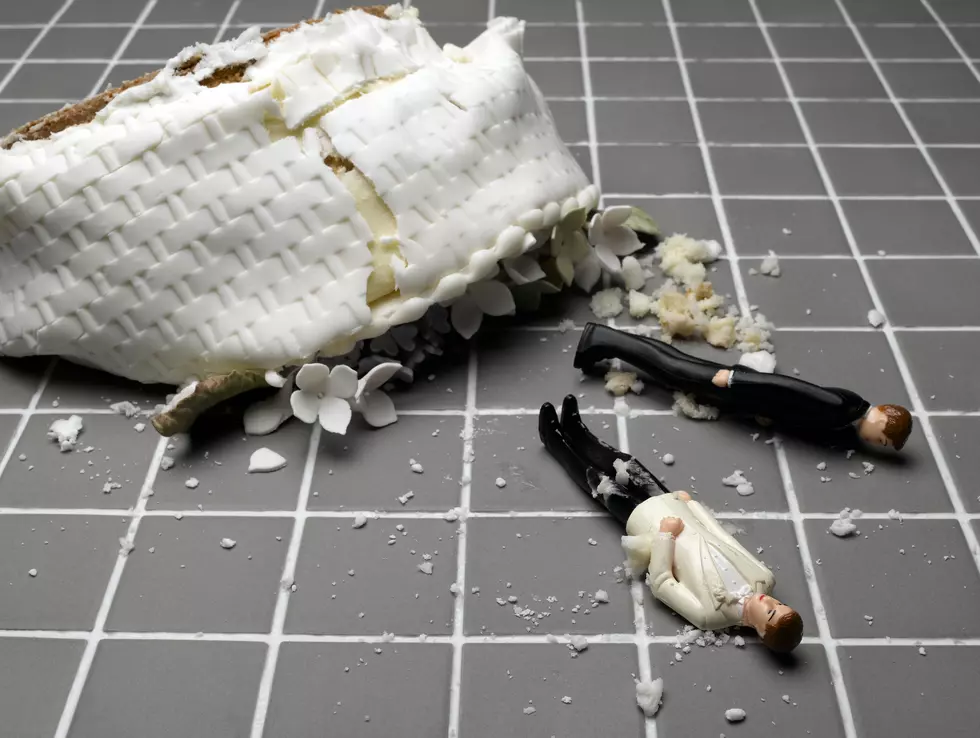America’s Worst School Disaster Happened in Texas in 1937
When tragic news happens, it's easy to feel as if the whole world's going to hell and we're living in the worst of times. History can provide perspective that, while not exactly comforting, can be a reminder that past tragedies have taught us tough lessons and led to advances in how we protect ourselves and our families.
The New London School explosion of 1937, for example, is the reason we now add thiols to natural gases, giving the naturally odorless substances a potent smell that can warn us of leaks and save lives.
The explosion happened in New London, Texas on March 18, 1937. At the time, New London and surrounding towns were rare beacons of economic strength during the Great Depression. The booming oil industry in Rusk County helped New London build a $1 million school building.
According to Irvin M. May Jr. with the Texas State Historical Association, New London School officials looking to save money on gas had hired plumbers to tap a residue gas line from nearby Parade Gasoline Company. The odorless, invisible gas was considered an expendable byproduct, and it saved the school $300 per month.
Unfortunately, as investigators later discovered, a leak in the line had caused a pocket of gas to form under the school.
At 3:05 PM on March 18, as students were preparing for an Interscholastic Meet and the PTA was meeting in the school's gym, a shop teacher turned on a sanding machine, and a spark from the switch ignited the gas.
298 of the nearly 500 students and 40 teachers in the school were killed in the blast. Witnesses reported seeing the sides of the metal building bulge just before the explosion. The roof reportedly flew into the air and crashed back down, causing the entire structure to collapse.
Among those conducting search and rescue operations were oil workers who were released from their duties to help, some taking along heavy equipment from the fields to aid in the efforts.
When investigators determined the cause of the explosion, the Texas legislature active swiftly, passing an odorization law that mandated the use of thiols to lend a smell to natural gas in hopes of preventing future disasters. It didn't take long for other states to follow suit.
It's easy to see black and white footage of the aftermath and feel as if this was an event that happened in the distant past, but as recently as 2012, a survivor of the explosion was interviewed by the Houston Chronicle.
Billy Thompson, who was in the fifth grade at the time, had switched seats with a girl named Ethel Dorsey so he could flirt with a girl he had a crush on. Ethel was fatally injured, and Billy carried a strong sense of survivor's guilt for 40 years. In 1977, the citizens of New London held a survivors' reunion, which prompted Billy to call Ethel's brother.
"He told me not to feel guilty about Ethel's death," Thompson told the Chronicle. "That her family felt what would be would be, and that it had been Ethel's time to go."
Social media and the 24-hour news cycle push modern tragedies into our faces on a daily basis, and it can make the world seem bleak and hopeless at times. Nowadays, it may be more important than ever to step back and look back for some perspective - to remember that our society has overcome so many horrific events and moved on stronger and wiser than before.
More From KTEM-AM









